Table of Contents
Education and Values:
Values relate to the aims of human life. For the achievement of the aims men frame certain notions and these notions are called values.
W. H. Kilpatrick has written, “That out of man’s capacity for goal-seeking behaviour arise his wants and efforts and out of these come in consciously chosen end (goal) and means. Because ends conflict, man is led to weigh his goals against each other. When this is done critically enough values emerge”.
Meaning and Definition of Values:
Mr Henderson says, “It has been pointed out that man acts to satisfy his wants. Anything which satisfies, a human want becomes thereby a value. To say, then that our conduct is motivated by our value is another way of saying that we act to satisfy our wants”.
Determination of Values:
Thinkers and educationists have propounded some principles about the determination of values.
These are as follows-
- Hedonistic View of Life- The value of a thing is regarded because the thing has the power to satisfy our wants.
- Perfection Theory- This theory relates to the perfection of life for which a man endeavours in his life.
- Utility of Theory- Anything which has utility is valuable.
- Order Theory- Such a view of a theory which is helpful in organizing society is called value.
- Existence Theory- According to this view, value is helpful in existence.
- Experimental Theory- Under it, values are experiment in present and past as well.
- Part and Whole Theory- It says that values are felt sometimes partly and sometimes wholly.
- Objective and Subjective Theory- On the basis of this theory, it may be said that the values are determined by the notions of individuals and also by the circumstances in which he lives.
- Emotive Theory- Man’s emotions are expressed by his nature. And these emotions change according to the circumstances. Thus by virtue of his emotions determines his values.
Then, these values have certain characteristics like subjectivity, objectivity, material or abstract, elasticity etc. according to time and their all sidedness in life.
These values aim at perfection, self-realization, satisfaction, perfection and development, integrity and cohesion etc.
Relation Between Education and Values:
Reid said, “Education is part of life, and clearly our questions about values and education are inseparable from the larger question of values in life. Values are embodied in educational practice”.
Education develops a sense of discrimination between good and bad. This discrimination is based on values. And these values are tested in schools.
W. H. Kilpatrick says, “The teacher must have an essential part of his professional equipment, which is here called “map of values”. Such a map consists of his hopes, aims, ideals, and all the criticised values which he will use as aims in guiding those things is care. The teacher should aim continually of keeping this aggregate of values, life and growing but especially it should include all that the teacher-hope for pupils (students) to learn so as to life for them as rich and fine as possible”.
Values of Education:
Someone has rightly said that “Aims are an end in themselves and values are the product”. Values of education are the same as of life. These educational values are individual as well as social.
Thus these educational values have the following advantages for individual and social life.
They are-
- Development of a healthy and balanced personality.
- Capacity to earn livelihood and acquired material prosperity.
- Development of vocational efficiency.
- Creation of good citizenship.
- Development of character.
- Reorganisation and reconstruction of experiences.
- Adjustment with the environment and its modification.
- Fulfilment of the needs of man.
- National integration and national development.
- Leaders and skilled workers.
- Promotion of social efficiency.
- Cultural values.
- Utilisation of leisure.
Thus, these above educational values play a significant role in the life of man. Through them, one is able to lead his personal and social life successfully.
We may conclude with the following quotations of J. S. Brubacher, “Hence the ultimate aim of education is self-realization, the fulfilment of man’s instincts potentialities for many in addition to the realization of eternal life. All proximate aims of education take their direction from the ultimate aim which itself stands imperishably eternal”.
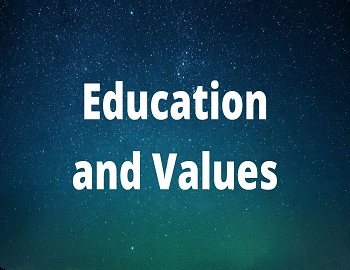
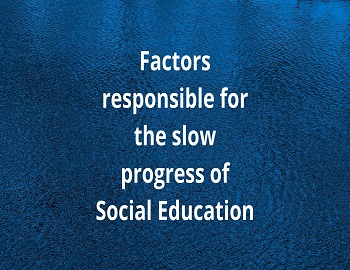
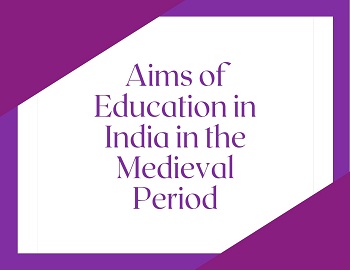
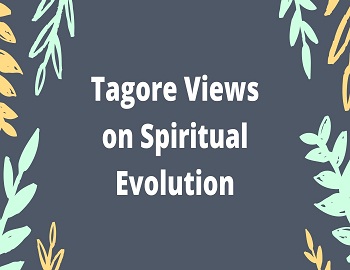
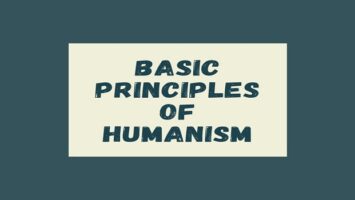



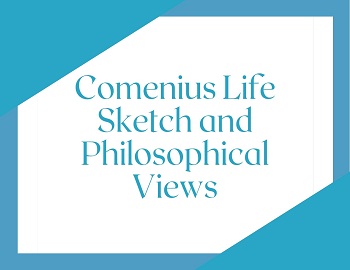
Comments (No)